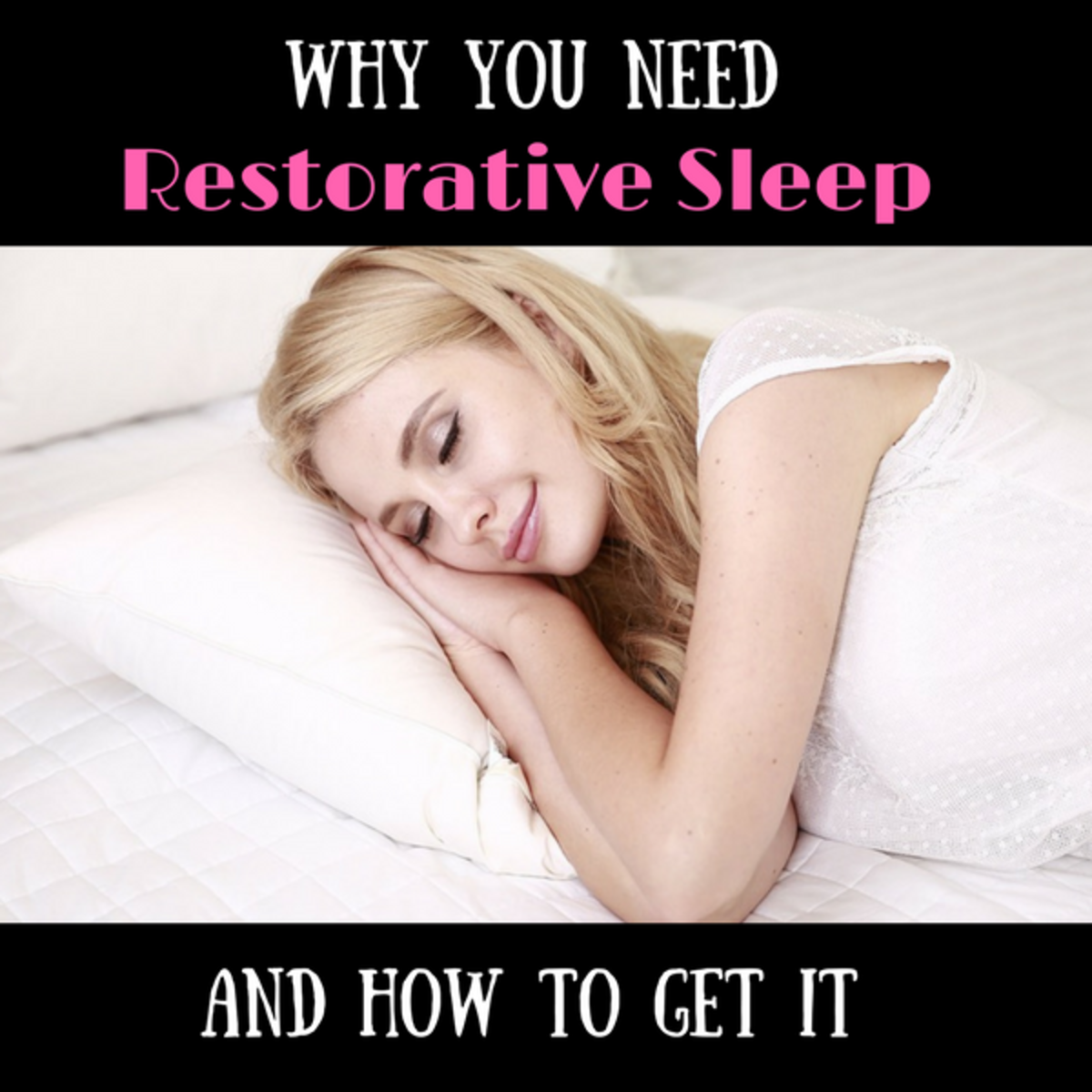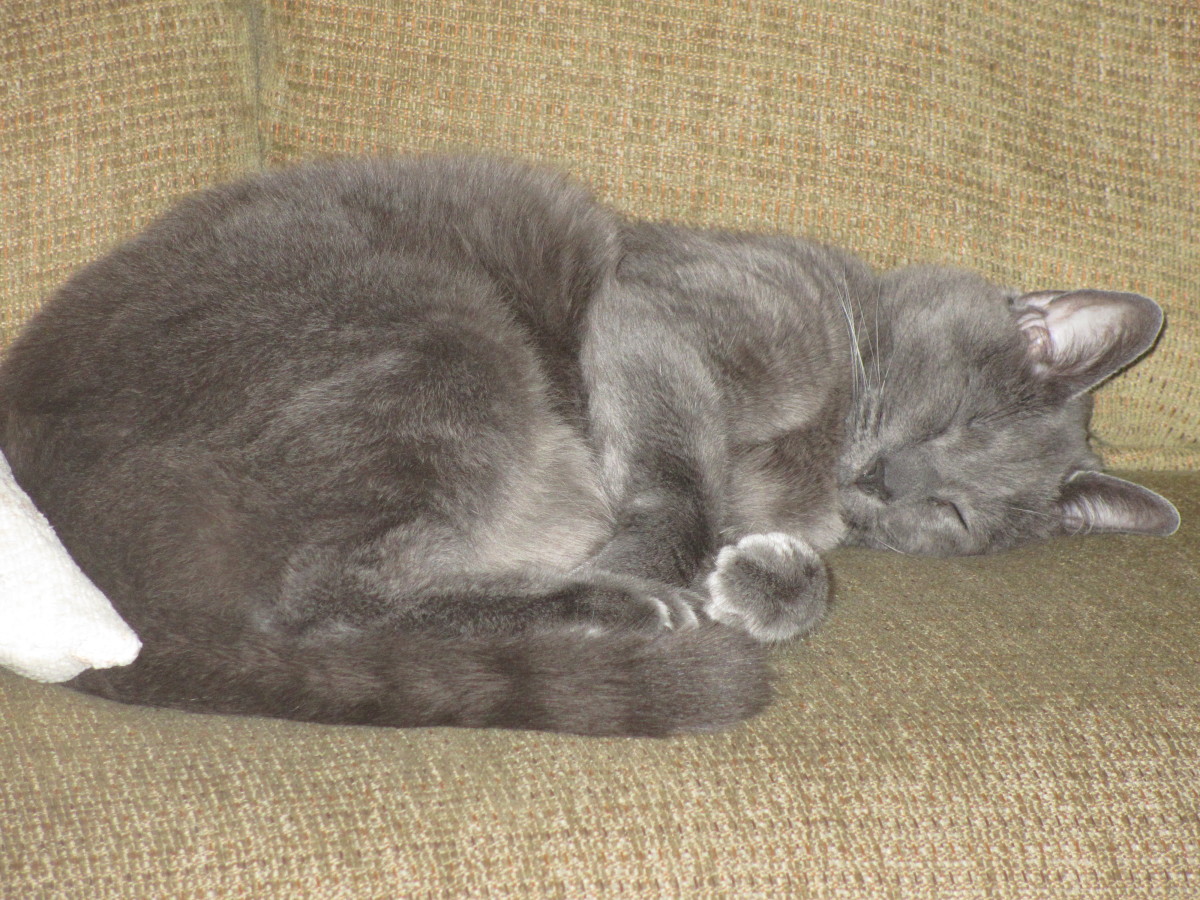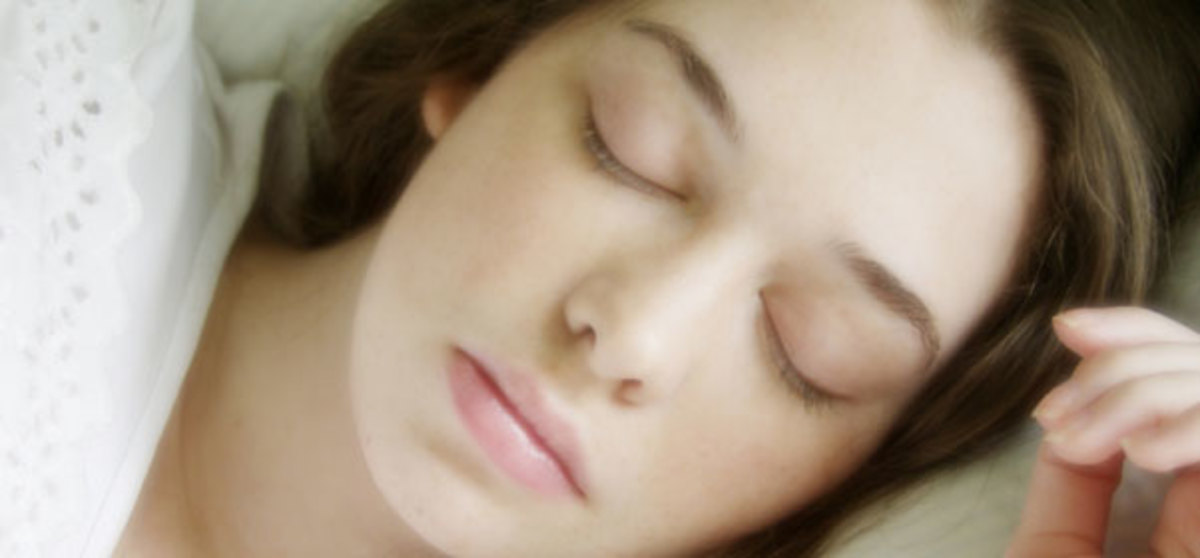Self Improvement and a Good Night’s Sleep
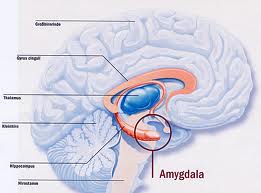
Self Improvement and Sleeping Well
We all want to be smarter, healthier, well balanced emotionally and physically. We go to sleep each night and wake up each morning, seeking to better ourselves. Now science is learning one of the ways towards self improvement is in the right quality and quantity of sleep. Researchers are learning sleep deprived people have poorer memories, worse judgments, have less patience, more mood swings, and even elicit personality changes.
Sleep is Important to Our Moods and Our Memories
The Biological Causes from Lack of Sleep
Sleep deprivation affects our emotions. Studies have been done to prove there is a neurological basis for this. In analyzing brain imagings, researchers found that a good night’s sleep can regulate a person’s mood and coping skills. Lack of sleep does just the opposite, and can actually increase anxiety, depression and other psychiatric disorders, which can affect controlled and appropriate responses. This happens because the part of the brain called the amygdala, which helps alert us in times of danger, becomes heightened with no sleep. This shuts down the prefrontal cortex, which is where we do our reasoning and logical thinking. Reasoning and logical thinking increases chemicals in our brain that calm down the flight or flight response that is coming from the amygdala. More studies need to be done, but observations are showing that in almost all psychiatric disorders there are some forms of sleep disorders are present.
Lack of Sleep Makes Part of Our Brain Hyperactive
With enough sleep deprivation, even healthy brains can take on psychiatric pathological patterns. In looking at results from fMRI (functioning Magnetic Resonance Imaging), the amygdala became 60 % more reactive sleep deprived people who were shown negative visual stimuli of gory or upsetting pictures. The people in the study stayed awake for a continuos period of 35 hours. The amygdala is integral in processing emotions. In looking at the imaging of people who slept the entire night, the amygdala showed normal activity. The study was done with 26 people in the age range of 18 to 30 years old, with equal number of males and females. They were divided into 2 groups and each shown the same 100 pictures which ranged from neutral to extremely negative depictions. The researchers saw a hyperactive brain response in the sleep deprived subjects, as they looked at the more and more negative pictures.
Lack of Sleep and Driving
People Are Not Good Judges of How Tired They Are
It is believed during the different phases of sleep, the body does some emotional processing and emotional regulation.When people are really sleep deprived, they have difficulties realizing how tired they are.Eight hours is the recommended amount of sleep. The first night or two of lost sleep, people know they are tired, but tell themselves they can manage. After a few days of consistent sleep loss, people don’t realize how poor their judgment and thinking is. Studies have shown people have a poorer memory, impaired thinking and slower reaction times with sleep deprivation Harvard researchers found there is a higher risk of heart disease, diabetes, and obesity. Israeli researchers found worse memory and lower attention in children who got an hour less of sleep than kids who got a full nights sleep.
It Does Not Take Long to Be Sleep Deprived
Researchers firmly believed, after conducting sleep deprivation experiments, that we can not judge for ourselves how tired we are, and what it is actually doing to us. It is believed this may be the reason there are so many car crashes due to lack of sleep.
In a study done, half of the people who caused car accidents didn’t know they were sleepy before the incident. People who are tired are driving impaired, but not aware they are so tired.There are adverse consequences to being sleep deprived, which occur within a short time of not getting enough sleep. Greater than 50% of all Americans, get less than 8 hours of sleep a night.
Constant Insomnia Causes Smaller Gray Matter in the Brain
Sleep Apnea
Scientists at UCLA found people with sleep apnea had brain tissue loss in the area that stores memory. Approximately 20 million Americans have sleep apnea.Sleep apnea happens when the airway is blocked and causes a cessation in breathing, and then loud snores as the breathing resumes.People with sleep apnea do not get a good night’s sleep. They are so fatigued during the day, they can even fall asleep in the middle of doing things. People who suffer from this condition deal with poor memories and lose focus easily. Studies have shown brain differences also.
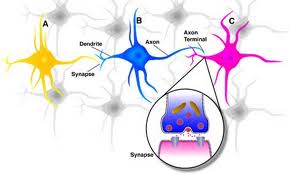
Strong Neural Connections are Made While We Sleep
Sleep is an important part of learning and retaining new tasks. Not getting enough sleep affects a person’s judgment, mood, perception, and motivation. Gettingenough sleep is important to learn and retain information. The complexity of all this is not fully understood. Quality and quantity of sleep is very important for memory. It is believed that sleep helps us to learn in 2 ways. It helps us focus and it helps store what we have learned into our long term memories. Memory is important for learning new information.
Researchers have looked at different stages of sleep to see how this affects our memory, and also studied how lack of sleep affects our learning. Researchers believe memories are consolidated by neural connection that formed from learning a new task or an experience. Stronger neural connections are made during the hours we sleep. It is not exactly know how this is possible, but the brainwaves during different stages of sleep are probably related to forming memories.
Sleep Needs to Take Priority Over the Other Things We Do
As more studies are done, researchers will learn more about sleep stages and itaffect on memory.
The most important correlation we know for sure is that being sleep deprived impairs memory, learning, and our judgment. Getting enough sleep is more important than we realize.
Too often, we think sleep is something we can give up for other things. But perhaps we all need to reassess what we are doing, and give sleep a greater priority. The hours we sleep are an investment in ourselves, far more than we possibly ever realized.
More Articles By ToKnowInfo
- Peoplality: Where Does Personality Come From? - Discovering the Secrets Our Brain Holds
- Peoplality: Big 5 Personality Traits and Their Pets
- Peoplality: Big 5 Personality Traits and Their Pets
- Sea Turtles - Preserving Protecting and Sharing the Planet with Marine Life Part 1
- Can Animals Predict Natural Disasters: Petology - the Connection Between Nature and Animals
- M&Ms: Chocolate Candy That Changed the World
- Ben Franklin: America's First Environmentalist








